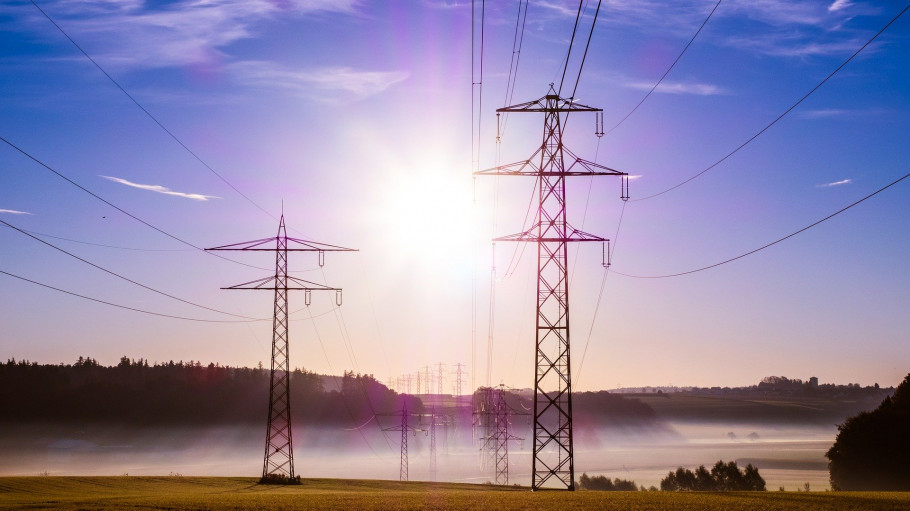

The production of steel is a highly energy-intensive process, whether it is through the 'primary' production route using a blast furnace and basic oxygen furnace, or via the 'secondary' route in electric arc furnaces.
The primary route, which generally produces new steel from virgin raw materials, presently relies primarily on coking coal, which is both the reductant and a major source of energy to melt the iron ore.
The secondary route, which is generally used to produce steel from scrap, uses electricity to melt the metal.
As such, both routes require significant amounts of energy of one form or another. However, European producers have been refining their processes and, since the 1960s, have cut energy demand by 50%, alongside a similar reduction in greenhouse gas emissions.
The European steel industry's transition to a low or carbon-neutral future will have a large impact on energy supply, because new technologies will require even larger quantities to power new, carbon-lean processes.
This energy transition being as expected, EU energy policy is even more important than before - to ensure that the European steel industry has access to sustainable, affordable energy.
Brussels, 02 July 2025 – The 90% climate target proposed today by the European Commission demands an unprecedented transformation of EU society and industry in just 15 years. The European steel industry is already doing its part, but a viable business case for the transition is still lacking. To enable it, the EU needs to implement the Steel and Metals Action Plan much more decisively, delivering a highly effective trade protection against global overcapacity, access to internationally competitive low carbon energy and scrap, and a watertight CBAM, says the European Steel Association.
Brussels, 8 May 2025 – Seventy-five years ago, on 9 May 1950, the Schuman Declaration laid the foundation for European unity, placing coal and steel at the heart of a unique peace project that has brought unparalleled prosperity across the continent and beyond. As the EU commemorates this milestone, the fate of Europe’s steel industry will once again determine Europe’s future.
Brussels, 19 March 2025 – The Steel and Metals Action Plan, unveiled today by the European Commission, provides the right diagnosis to the existential challenges facing the European steel industry. Concrete measures need to follow swiftly to reverse the decline of the sector, re-establish a level playing field with global competitors, and incentivise investment and uptake of green steel in the market.